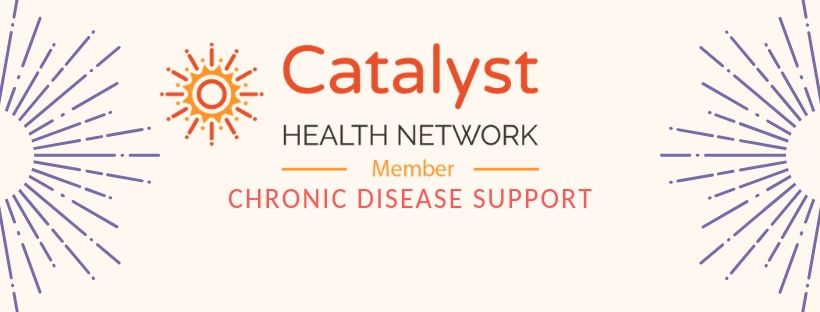It’s Time to Get Vaccinated!
2018-2019 was a moderate severity flu season that lasted a record-breaking 21 weeks. Getting a flu vaccine every year is the best way to protect yourself and your family from flu and its potentially serious complications. CDC recommends that everyone 6 months and older get vaccinated by the end of October. It takes about two weeks after vaccination for antibodies to develop in the body to protect against flu virus infection.
While the timing of flu season is unpredictable, seasonal flu activity often begins to increase in October, most commonly peaks between December and February, but can last as late as May.
What is new this flu season?
- Flu vaccines have been updated to better match circulating flu viruses
- Any licensed, age-appropriate flu vaccines are recommended
- The nasal spray flu vaccine (LAIV) is again a vaccine option. Ask your health care provider about what vaccine is right for you
Learn more about what’s new for the 2019-2020 flu season.
The flu virus can cause mild to severe illness. Serious outcomes of flu can lead to hospitalization and even death. CDC recommends a three-step approach to fight flu:
- Get a flu vaccine. Everyone 6 months and older should get a flu vaccine by the end of October. Getting a flu vaccine every year provides the best protection against flu.
- Take everyday actions to stop the spread of germs. Try to avoid close contact with sick people, and if you become sick, limit your contact with others. Cover your nose and mouth with a tissue when you cough or sneeze, and wash your hands often.
- Take flu antiviral drugs if your doctor prescribes them. If you get sick with flu, prescription flu antiviral drugs can be used to treat flu illness. Antiviral drugs can make illness milder and shorten the time you are sick. They may also prevent serious flu complications.
Learn more about how you can fight flu this season.
Fight flu this season by getting your flu vaccine and encouraging others to protect themselves and their loved ones by doing the same. Join the conversation on social media with the hashtag #FightFlu.



